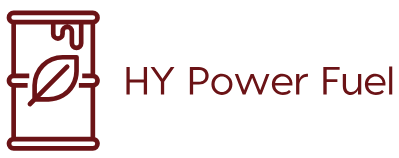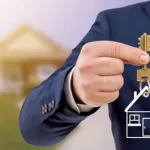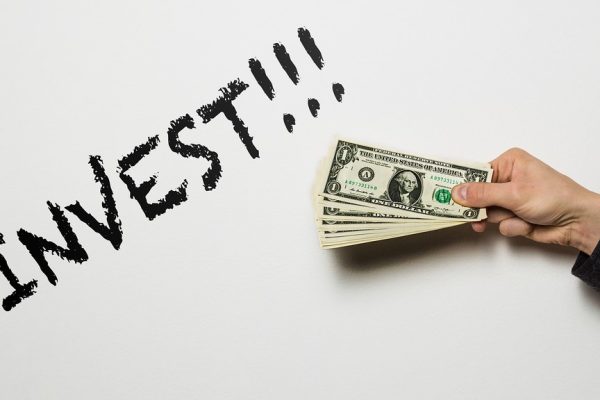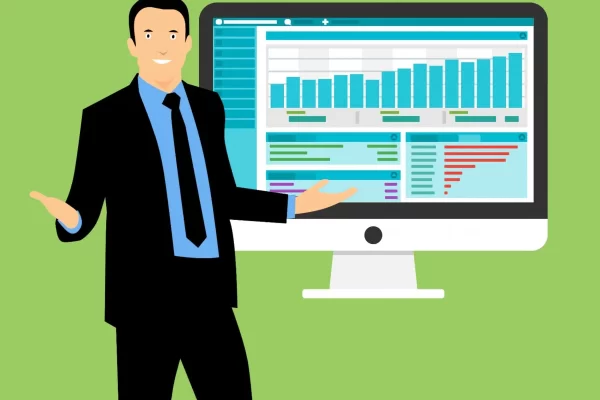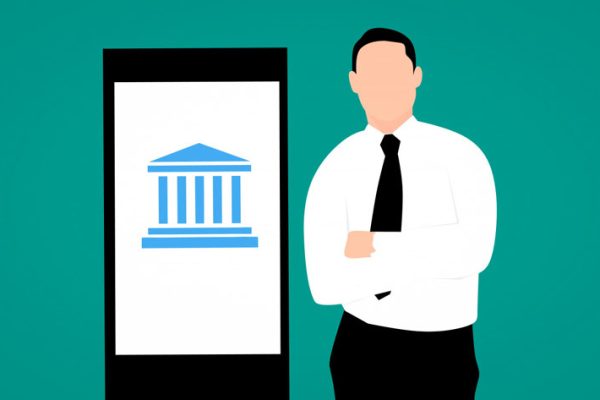Finding a rental property isn’t an easy task. There are dozens of options on the market, but you only get to spend a few minutes in each before making a decision.
We’ve listed the top features to look for in a rental property, as well as the questions you need to ask to make your search that much easier. Of course, we’ll cover any red flags to look out for, too.
Table of Contents
The Area
Location is often at the top of people’s list when choosing where to live. The more desirable the area, the more you can expect to fork out each month. If you’ve got lots of other things on your want list, you may have to compromise on the area to get everything you want.
Look around for any potential issues, such as signs of flooding or noisy bars and nightclubs. It’s always worth going for a walk around the local area to find out more.
Nicely Maintained Exterior
It’s never appealing to turn up to a property and see shattered glass in the front door and paint peeling off the woodwork. It suggests the property isn’t properly cared for.
If you spot a leaky gutter or cracked pipework, ask about it and make it a condition that it’s fixed before your tenancy begins. Of course, if you see problem after problem, you may think twice about wanting to rent the property.
Another thing to consider is parking. Is there any, and do you need a permit?
Clean and Looked After Inside
The same applies to the inside as out: you expect to find the decoration in a good state. Look to see if all the fixtures and fittings are in place, and check the taps to make sure they all work.
Find out about the heating – is it central heating or storage heaters? Now’s a good chance to check the water pressure. There’s nothing like a hot shower at the end of a long day, after all.
It Feels Secure
Many safety measures are visible instantly, such as windows and doors closing securely. Also, check to see if they have working locks, the main front door included.
Fences around garden areas are another one to look out for. If there’s fencing, check its condition, particularly if pets are at the property.
Fire Safety
An often overlooked area is fire safety, but this is a crucial one to look out for. Can you see smoke alarms and carbon monoxide detectors? At a minimum, there should be one smoke alarm on every floor of the building. If you are concerned about the fire protection in your rental property you can hire fire consultants to carry out a survey of the building.
You may not notice other fire safety measures, but they need to be there by law. For example, fire doors must be in place in certain rental properties called HMOs, or a “house in multiple occupation”.
A HMO is generally where at least 3 people from more than 1 household live. Different rules apply to these properties than for single households.
While fire doors are not required by law in a regular rental property, it’s always a benefit to see them in high-risk areas, like the kitchen and escape routes. They keep fire at bay long enough to allow residents to escape to safety, so they’re potential life savers.
Are Pets Allowed?
It won’t apply to everyone, but finding shelter for your furry friends adds an extra complication.
More places are allowing you to keep pets, but it often involves a cost. You may pay a little extra each month or agree to certain conditions, such as having all carpets professionally cleaned at the end of the tenancy.
Appliances and Furniture
Some properties come fully furnished with all appliances included. If you’re a first-time renter without your own furniture, this may be an appealing option. Check that any furnishings are fully compliant with fire safety regs.
Other properties are totally unfurnished, while some include white goods. Check exactly what comes included with the property and inspect the standard of everything.
In particular, check any fridges, freezers and washing machines to see if they’re clean and in good working condition. You can ask for replacements if something isn’t working, but the landlord isn’t guaranteed to say yes.
The Landlord/Letting Agency
First, let’s establish the difference between a landlord and a letting agent. In short, a landlord owns the property, while letting agents manage the property on behalf of the landlord.
Whether you choose a private landlord or a letting agent, do some research first. Are they reputable and reliable? A good landlord or letting agent will be able to talk you through the property maintenance, safety measures in place and legal paperwork.
Be wary of any who seem to lack knowledge around the key areas or those who won’t show you copies of the paperwork covered in the next section.
Check the Paperwork
Whether you’re renting from a private landlord or an agent, they must be able to show you copies of:
- Energy Performance Certificate (EPC)
- Gas Safety Certificate
- Electrical Safety Certificate
If they don’t have them to hand at the viewing, make sure you follow it up with them. These documents are required by law, and the EPC rating will have a big impact on your bills. The better the rating, the less your bills are likely to cost.
Questions to Ask
If you’re interested in a property, ask a few more questions to find out where you stand before proceeding any further:
- What fees are involved and do they include VAT?
- Find out if there are any letting fees, how much they are and how much deposit is required upfront.
- Which deposit protection scheme is used?
- Protecting your deposit is a legal requirement
- Who would I contact for general enquiries as well as in an emergency?
- This is particularly important if you’re going through a letting agent
- Ask to see any paperwork, including the tenancy agreement as well as the documents noted above.
- Any good landlord or letting agent will have this information to hand or be able to send it over to you.
- Ask about safety measures, such as smoke alarms and boiler servicing.
- It gives you a good idea of how well the property is managed and is a critical safety area.
- Insurance – what cover does the landlord have, and what do you need?
- Landlords have their insurance, but you will often need separate contents insurance.
- How are bills paid?
- Some places will have a prepay meter for you to top up, others are included in the rent, and some require you to pay monthly on top of rent.
